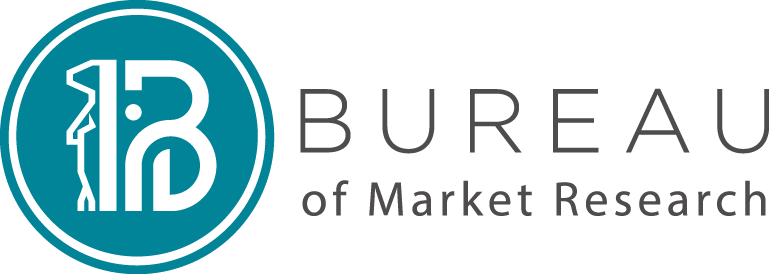Given the strategic position of the BMR in the Unisa Corporate Group structure, the Unisa Executive Management Committee in 2022 adopted the co-branding of the Economist of the Year (EoY) competition.
The winner and two runners-up of the 2022 BMR/Unisa Economist of the Year competition were announced during an award ceremony held in Pretoria in June 2022. The competition winner and runners-up were identified by an adjudication panel determining which of the 33 participating economists were the most accurate at forecasting the outcomes of eight economic variables for 2022.
The winner of the 2022 competition was Mr Ulrich Joubert (an independent economist) who has won this prestigious title of Economist of the Year four times in the past. The runners-up (in no particular order) were Ms Elize Kruger (independent economist) and Mr Emile du Plessis (Finometrica).
When asked for comments during the award ceremony, these top three economists indicated that 2022 was a particularly tough year in which to produce economic forecasts due to the large number of downside risks and unexpected black swan events impacting on the economy. Pertinent factors in this regard included the Russian invasion of Ukraine, escalating Eskom power outages (loadshedding), increasing price inflation as well as local and international political uncertainty. It was also pointed out by Mr Joubert that these downside risks and black swan events don’t just act in isolation of each other but exacerbated the negative economic impacts in a contemporaneous fashion. An example of this is the Ukraine war giving rise to higher price inflation, which in turn gave rise to the South African Reserve Bank increasing interest rates to address such high inflation, which in turn depressed aggregate demand for goods and services, which in turn gave rise to lower economic growth rates, which in turn gave rise to lower job creation and compensation growth, which in turn impacted negatively on future GDP growth, due to the fact that household consumption expenditure contributes to more than 60% of national output.
Looking at 2023, the top three economists expected a very difficult year marked by low economic growth with a high possibility for a recession during the year, sticky high inflation, high interest rates and depressed household consumption expenditure growth. They were also of the opinion that the number of downside risks to economic growth will most likely continue to increase, while further hikes in interest rates are expected to address the depreciating value of the rand versus the US dollar, as well as sticky high inflation rates. The overall expectation with respect to 2023 was that South Africa has to prepare itself for a very tough year ahead on both economic and political fronts.
Such uncertainty emphasises the need and value of the forecasts. The 38 economists who are participating in the 2023 Economist of the Year competition are attempting to bring some enlightenment in a very uncertain 2023 South African economy.
2023 ECONOMIST OF THE YEAR COMPETITION

A total of 38 South African top economists are taking part in the 2023 Economist of the Year. To take part in the competition, participating economists are required to provide projected estimates with respect to eight variables on a monthly basis.
The eight variables are:
- Average real annual GDP growth rate for 2023 (%).
- Average consumer inflation rate (CPI) for 2023 (%).
- Average prime interest rate in Q4 2023 (%).
- Average ZAR/USD exchange rate in Q4 2023 (ZAR).
- Average Brent Crude oil price in Q4 2023 (USD).
- Average real annual household expenditure growth rate for 2023 (%).
- Average yield on long-term government bonds in Q4 2023 (%).
- Current account balance as % of GDP for 2023 (%).
The consensus forecasts based on the median estimates are determined each month for each of the eight variables.The consensus provided during March 2023 is contained in the following table:

The consensus provided during March 2023 showed that participating economists were in general pessimistic about the South African economy with low economic and household expenditure growth rates being forecasted for the year ahead. Some cautious optimism was however evident from forecasts for lower consumer price inflation, a stronger rand-dollar exchange rate and a lower Brent Crude oil price. The expectations regarding the prime interest rate remaining high throughout 2023 seem to be favourable for those with savings, while less favourable for those with existing debt.
For more information and/or media interviews please contact Ms Pamela de Jongh.pdejongh@bmr.co.za

About BMR
The Bureau of Market Research (Pty) Ltd operates as an independent market-research entity within the University of South Africa corporate group structure. Based on industry demand, the BMR was established in 1960 and transformed into a wholly-owned subsidiary in 2019 to optimise its business functionality.
The sustainable business of the BMR is deeply rooted in ethical, scientific, intelligent, innovative, high-quality, accurate, reliable, unbiased and inclusive market research practices that are collectively applied in a practical and strategic style to generate custom-made, one-stop modern market research intelligence optimally impacting on business and societal transformation. The research scope of the BMR focuses on demographic, economic, business, household wealth, behavioural, communication, youth and consumer neuroscience.
Access to BMR products and services is available via membership subscription or commissioned research.












